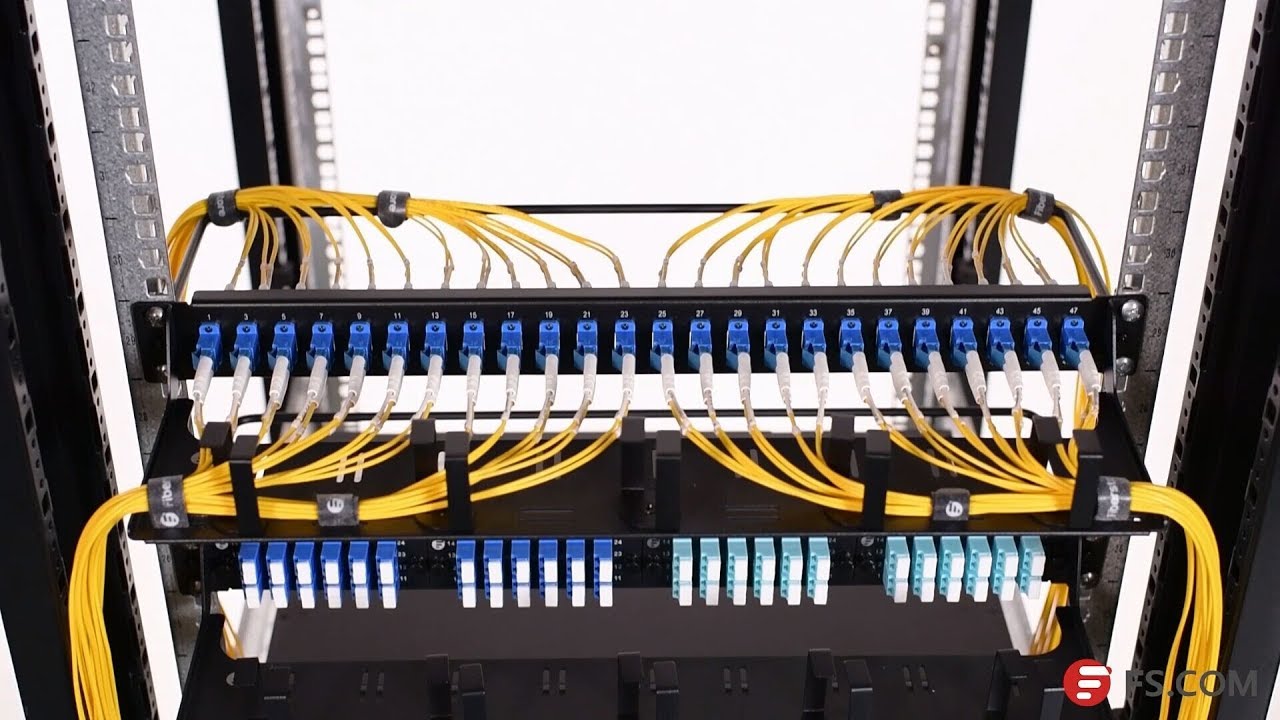

- #Kerio connect multi server pdf#
- #Kerio connect multi server install#
- #Kerio connect multi server update#
#Kerio connect multi server update#
Settings of silent update and lose/coupled package version.Ability to set KOFF upgrade policy in Administration.Public Folders can be configured to not be synchronized completely.DbBackup: Command line tool that can shrink local cache files when needed.Accept meeting requests in shared Inbox on behalf of Inbox owner when there are editor rights for the Calendar provided.Create meeting requests in shared Calendar on behalf of the Calendar's owner.I've edited Kerio's language for clarity and brevity - engineers don't always write well, especially when English is not their native language. My assumption is that if they don't mention KOC, the added feature only applies to KOFF: First, let's look at the things mentioned in Release Notes under the KOFF heading. KOFF also maintains local cache files.īut there is much more. After reconnection to the Internet (switching to online mode), KOFF synchronizes all changes with the mailserver and sends mail from Outbox.Īdditionally, KOC uses HTTP(S), IMAP(S) and SMTP(S) where KOFF only uses HTTP(S). This means that your email can be managed even there where the Internet connection is too slow or there is no connection at all. This implies that you can manage your email items also from home or on your business trips. MS Outlook can be switched to offline mode. Of course the most obvious difference is that KOC allows off-line use - as the manual explains:
#Kerio connect multi server install#
I'd love to be able to install KOC to verify these assumptions, but I don't have an old version of Outlook to try it with. Leave them as a comment or send me email if you prefer. As noted above, these MAY not be accurate corrections and notes will be appreciated.
#Kerio connect multi server pdf#
I took these from both the release notes and the current PDF manual. In the release notes, it gets updates, fixes and new features added to it. KOFF is the most up to date method of connectivity and as you have seen I personally cannot think of a reason to recommend KOC over KOFF since Of Outlook, but is no longer developed to the extent that KOFF is. It seems that KOC may have been frozen in its development track for example it cannot be used with Outlook 2010 or Outlook 2013 and cannot run on Terminal Server. The expectation was that eventually there'd be only one version, but it has been five years and there still are two. Apparently adding off-line features was difficult enough that the software people felt they needed to start fresh, and indeed there was a time when you'd see recommendations to use the original KOC to get around certain bugs or problems. That's a really good question that I do not have a good answer for. I've not been able to check everything against running systems, so I can't be certain that this is absolutely accurate, but it's better than nothing and I will update it as I get new information. I asked Kerio if they had a document that explained the differences. Kerio Connect offers two versions of its Outlook Connector, KOC and KOFF.


 0 kommentar(er)
0 kommentar(er)
